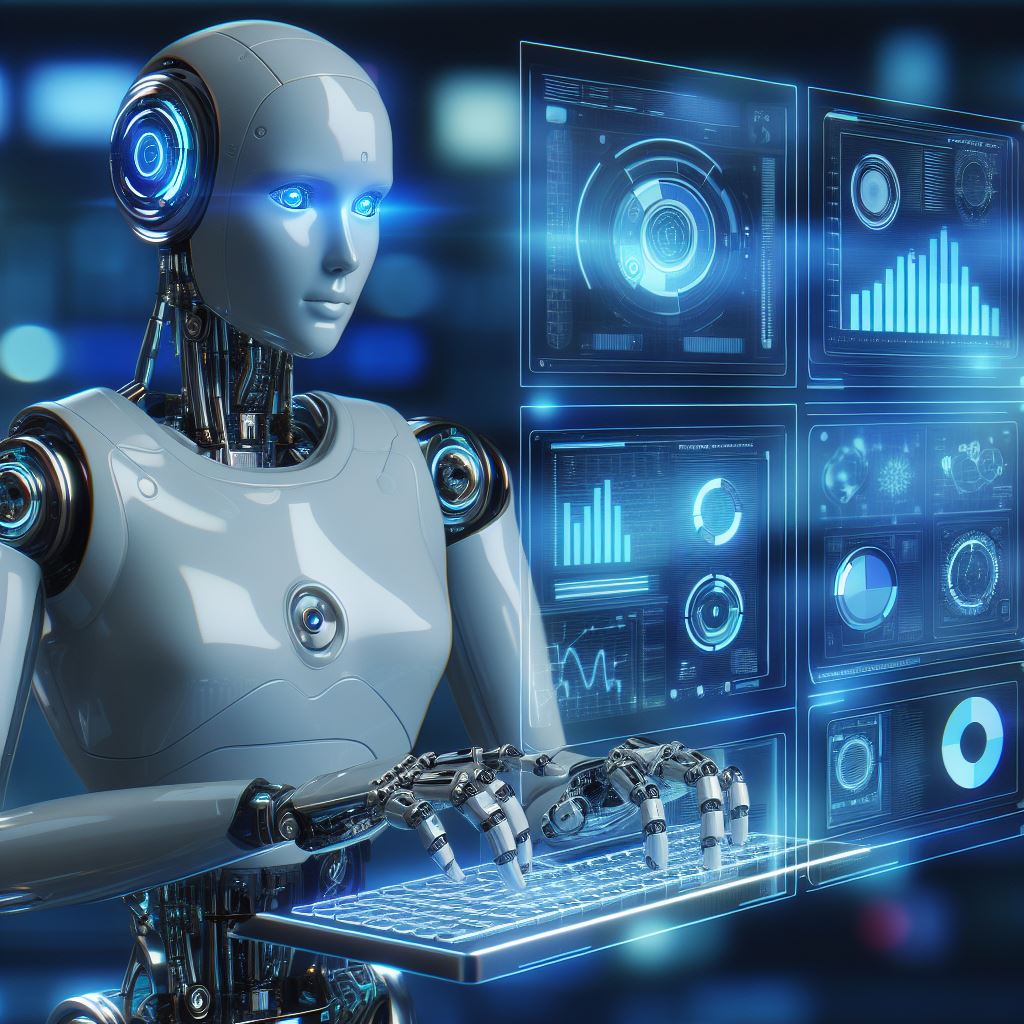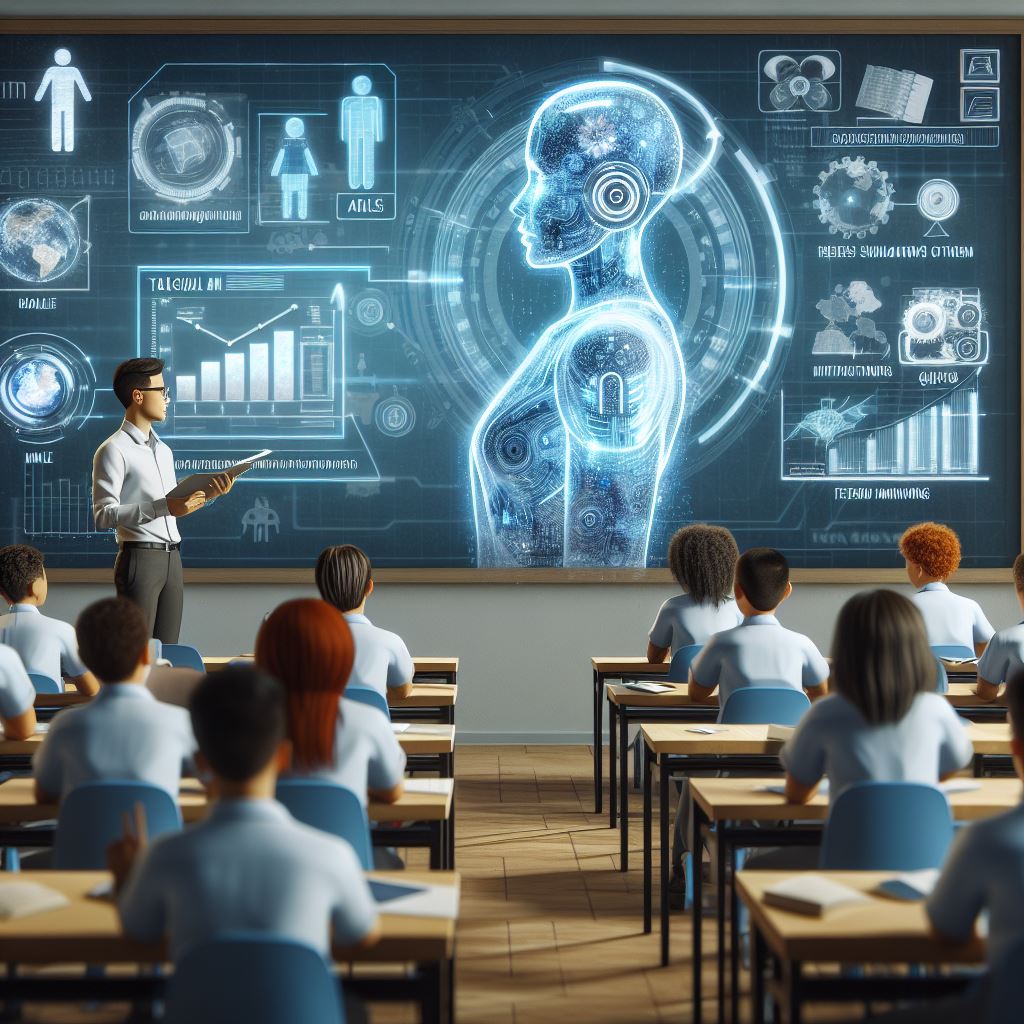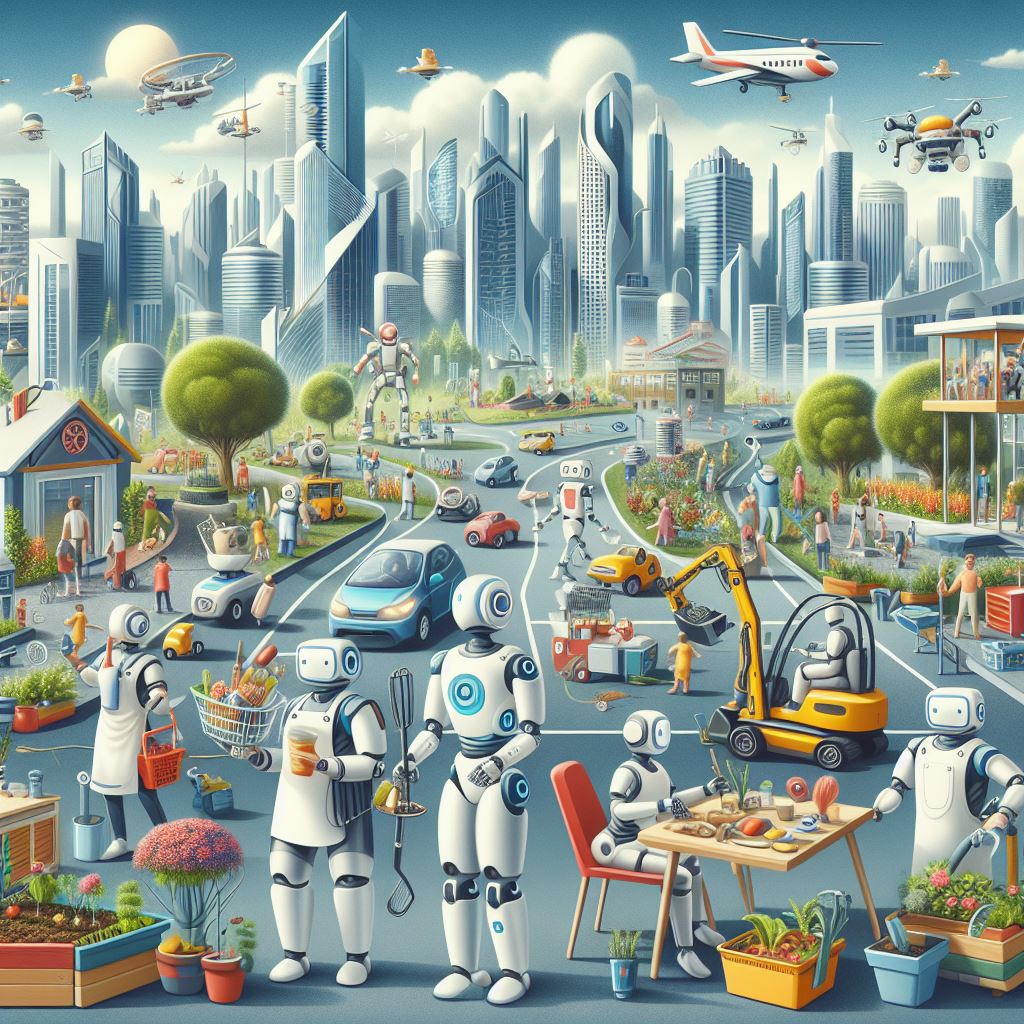Remember those sci-fi movies where robots roamed streets and artificial intelligence held conversations indistinguishable from humans? Well, step out of the cinema and back into the real world, because the future predicted by Hollywood is unfolding before our very eyes – and at a pace that might surprise even the most seasoned technophile.
Here are 7 predictions about AI that are no longer the stuff of futuristic fiction, but rapidly becoming our present reality:
1. The Algorithm Knows You Better Than You Do
Forget personality quizzes and astrological charts. AI is getting eerily good at predicting your behavior, preferences, and even emotional state. From recommending the perfect playlist to suggesting the next book you’ll devour, algorithms are learning your patterns with an accuracy that can be both uncanny and strangely helpful. But wait, it doesn’t stop there. Soon, AI-powered tools could analyze your health data, anticipating potential illnesses before you even have symptoms. Talk about a personalized doctor!
Want to know more about our Tech Solutions? Visit us at www.nesesho.com
2. Machines Get Creative, and Not Just in the Kitchen
Robots flipping burgers in fast-food joints? That’s yesterday’s news. AI is now composing music, writing scripts, and even painting breathtaking landscapes. Artists and musicians are collaborating with AI tools to push the boundaries of their craft, blurring the lines between human and machine creativity. Imagine an AI symphony orchestra or a virtual gallery curated by an algorithm – the possibilities are endless, and some argue, even more compelling than their human-made counterparts.
3. Education Goes Hyper-Personalized
Learning in a one-size-fits-all classroom might soon be a relic of the past. AI-powered learning platforms are tailoring educational experiences to each student’s individual pace and needs. Imagine struggling learners receiving targeted extra help while gifted students are challenged with advanced material, all in real-time and adjusted as their understanding evolves. Education could become a dynamic, personalized journey, not a standardized obstacle course.
4. The Rise of the Citizen Scientist
Forget relying solely on laboratories and white coats for scientific breakthroughs. AI is democratizing research, empowering citizen scientists to contribute to meaningful discoveries. By analyzing vast datasets and identifying patterns invisible to the human eye, AI tools are allowing anyone with a computer and an internet connection to participate in scientific endeavors. Who knows, the next groundbreaking discovery might come from your home laptop, powered by the collective intelligence of thousands of citizen scientists.
5. Your Smart Home Gets Smarter (and Maybe a Little Creepier)
Forget dimming the lights and playing some Mozart on your voice assistant. Smart homes powered by AI will anticipate your every need, adjusting temperature, lighting, and even entertainment preferences before you even think about it. But with great convenience comes great responsibility. As AI integrates more deeply into our homes, questions of privacy and security become paramount. Can we trust these algorithms to always have our best interests at heart, or will our smart homes become a little too smart for comfort?
6. Blurring the Lines Between Human and Machine
From prosthetics controlled by thought to brain-computer interfaces, the boundaries between humans and machines are becoming increasingly permeable. AI is now helping people regain lost abilities and even enhancing natural ones. But as technology advances, we must grapple with the ethical implications of merging with machines. What does it mean to be human in a world where AI can augment, replicate, and even surpass our capabilities?
7. The Rise of the Robot Collaborators, Not Conquerors
Forget the terminator apocalypse. The future of AI cooperation, not competition. Robots designed to enhance human workforces, not replace them, are gaining traction. Imagine surgeons assisted by AI-powered robots performing complex procedures or construction workers collaborating with autonomous drones to build skyscrapers. The key lies in developing ethical AI that understands its role as a supportive partner, not a dominant overlord.
These are just a glimpse of the mind-bending future that AI is bending towards us. While it’s tempting to get lost in either utopian fantasies or dystopian fears, the reality of AI is likely to be far more nuanced, a complex tapestry woven from both its benefits and its challenges. The important thing is to approach this transformative technology with open eyes, critical minds, and a willingness to shape its future responsibly. So, buckle up, folks, the AI revolution is underway, and it’s time to decide what role we want to play in it.
The question isn’t whether AI will bend reality, it’s how we, as humans, will bend the trajectory of AI to create a future that benefits all. Are you ready to be co-pilots in this journey?
Want to know more about our Tech Solutions? Visit us at www.nesesho.com



